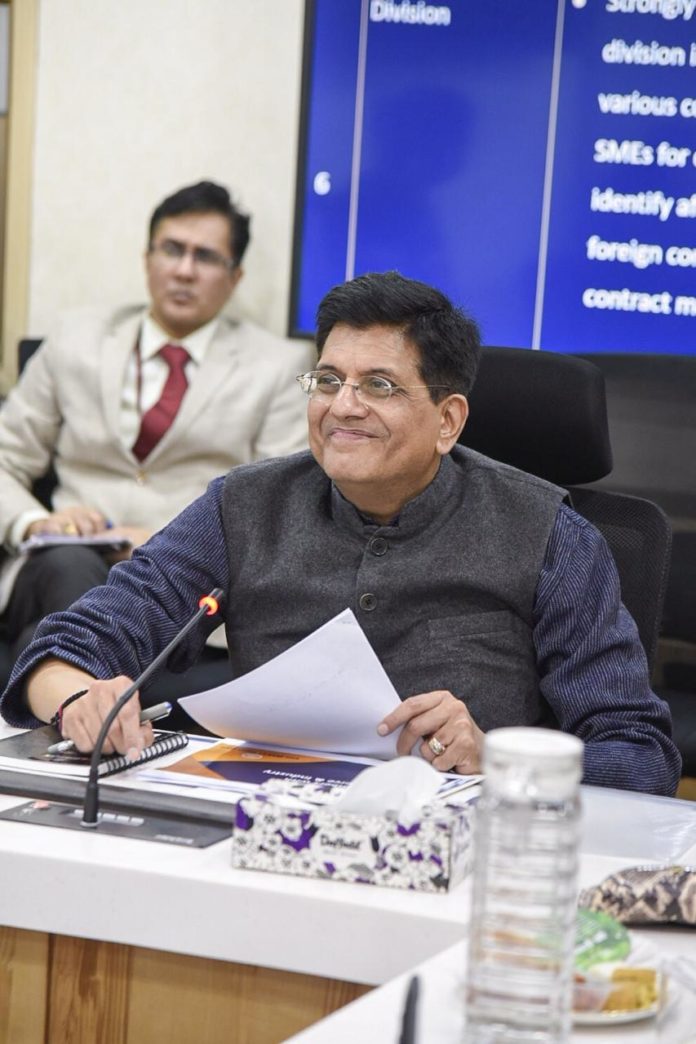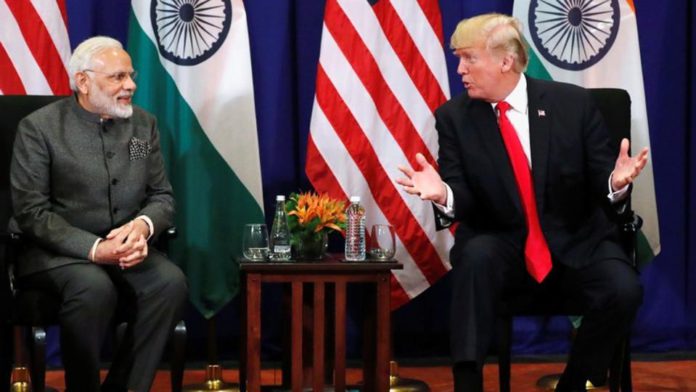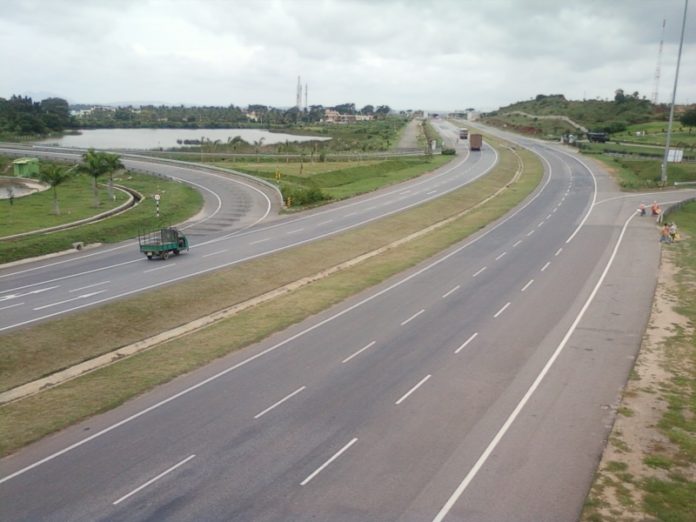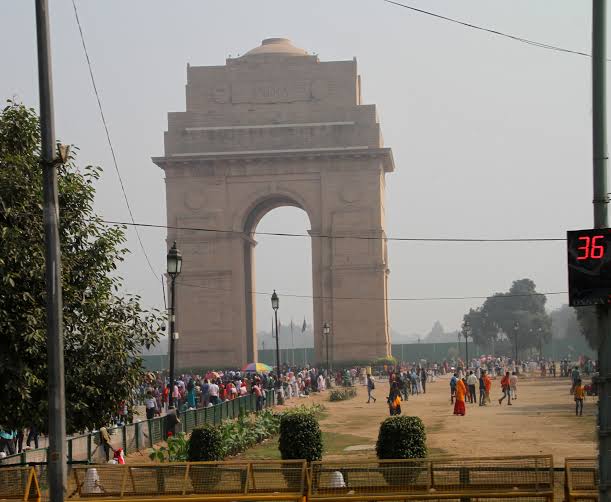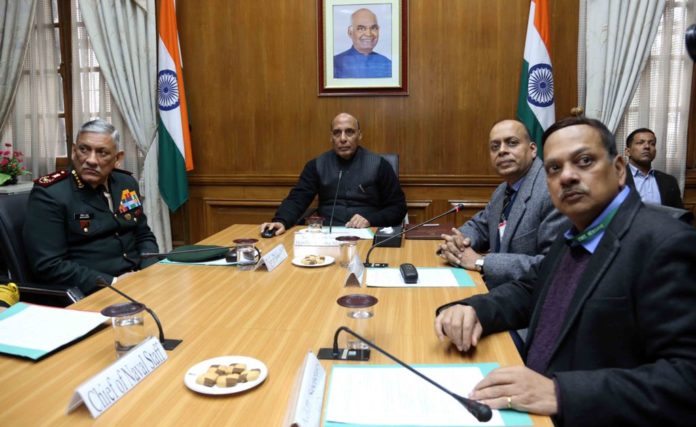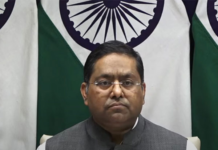New Delhi (NVI): In a major leap for the Census exercise, the 2021 process is all set to be conducted digitally. Ten years ago, the Census was solely conducted through paper forms.
Census in India has been a tradition with updation and modernisation of the activity over the years. The wealth of information collected through the Indian census makes it the richest and most authentic source for planners, researchers, administrators and other data users.
In September last year, Union Home Minister Amit Shah had said that the 2021 Census will be conducted through a mobile phone application, moving away from traditional pen and paper, to promote Digital India.
“The process of a ‘Pen-Paper Census’ would be transformed to a ‘Digital Census’ in the 2021 Census exercise by using the latest technology,” Amit Shah had said.
The Union Cabinet, chaired by Prime Minister Narendra Modi, had approved the proposal for conducting Census of India 2021, in December 2019. The cost of Census was estimated at Rs 8,754.23 crore. The Cabinet had also approved the proposal for updation of National Population Register (NPR) at a cost of Rs 3,941.35 crore.
Census of India will cover the entire population in the country while NPR will also cover all the population except in the state of Assam.
The Indian Census is the largest administrative and statistical exercise in the world. Decennial Population Census is being conducted in India synchronously since 1872 without break.
Census 2021 will be 16th Census in the country and 8th after independence. Census is the biggest source of primary data at village, town and ward level providing micro-level data on various parameters including housing condition; amenities & assets, demography, religion, SC & ST, language, literacy & education, economic activity, migration and fertility. The Census Act, 1948 and the Census Rules, 1990 provide the legal framework for the conduct of Census.


